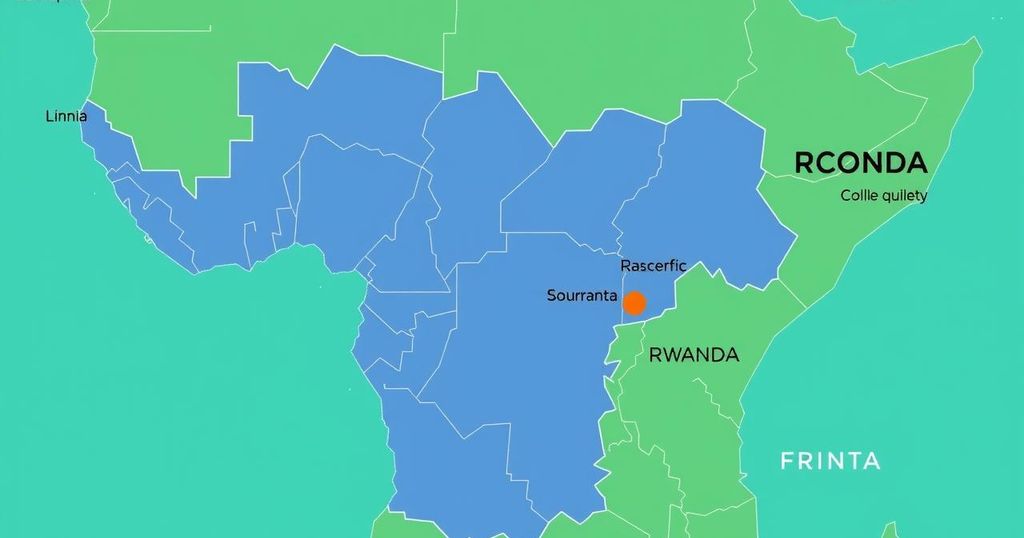- US State Department backs peace agreement between DR Congo and Rwanda.
- The agreement aims to promote economic investment in the troubled region.
- Tommy Pigott emphasizes the need for implementation on the ground.
- Provisions in the agreement target humanitarian access and security cooperation.
- Displacement crisis affecting over 7.8 million people underscores need for peace.
Peace Agreement Aims to Foster Economic Development
The ongoing tension between the Democratic Republic of the Congo (DR Congo) and Rwanda has been a concern for many years. A recent peace agreement aims not only to address these conflicts but also to pave the way for economic development and investment in the affected regions. According to the US State Department, the formal signing of this peace accord is slated for tomorrow, signaling a new chapter in the diplomatic relations between the two neighboring countries.
Key Provisions of the Agreement Discussed
Tommy Pigott, the principal deputy spokesperson for the State Department, emphasized the importance of this agreement during a press conference. He noted that the effective implementation of such a deal is crucial for the anticipated economic investment in the region. The provisions laid out in this agreement include commitments to respect each country’s territorial integrity, disarmament strategies, and facilitate the return of displaced persons, among others.
Challenges of Peace and Stability Ahead
While the agreement has been hailed as a step forward, concerns remain regarding its enforcement. The backdrop of conflict, especially stemming from Rwanda’s alleged backing of the M23 rebel group, highlights the challenges ahead. The group’s activities have resulted in millions of displaced individuals, stunting economic growth in DR Congo and casting doubt on the feasibility of achieving a stable environment for investment and development.
In conclusion, the peace agreement between DR Congo and Rwanda represents both hope and challenge for economic investment in the region. The US State Department’s endorsement reflects a positive outlook, but key issues surrounding conflict and integration must be effectively addressed for the agreement to truly enhance stability and development.






